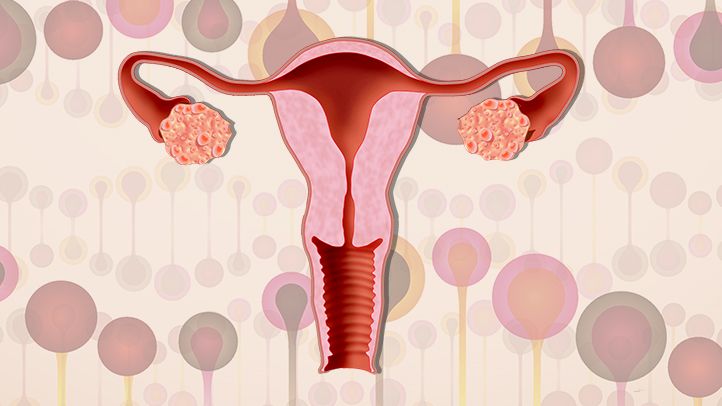- Early detection and effective management of PCOS are crucial for women's health.
Polycystic Ovary Syndrome (PCOS) is a prevalent hormonal disorder that often goes undiagnosed due to its subtle and diverse symptoms.
Early detection and effective management of PCOS are crucial for women's health.
This article explores some lesser-known indicators that may suggest the presence of PCOS in women, helping to raise awareness and promote timely diagnosis.
1. Irregular Menstrual Cycles
Persistent irregular menstrual cycles are a hallmark sign of PCOS. Women with PCOS often experience infrequent or prolonged periods, which should not be dismissed as mere lifestyle factors.
Read More
Monitoring and discussing irregularities with a healthcare professional is essential for early detection.
2. Unexplained Weight Gain
Unexplained weight gain, particularly around the abdominal area, can be a subtle indicator of PCOS. Insulin resistance, commonly seen in PCOS, can contribute to weight gain and make it challenging to lose weight, even with a healthy lifestyle.
3. Acne and Skin Issues
Hormonal imbalances in PCOS can lead to acne and other skin problems. Elevated androgen levels can increase oil production, resulting in persistent acne that may not respond to typical treatments.
Investigating the possibility of PCOS is essential for effective management of these skin issues.
4. Excessive Hair Growth (Hirsutism)
Hirsutism, characterized by the growth of coarse and dark hair in typically male-pattern areas, is another hidden sign of PCOS. Elevated androgen levels can stimulate the growth of excess facial and body hair, causing distress for many women.
5. Thinning Hair
While some women with PCOS experience excess hair growth, others may notice thinning of scalp hair. Female pattern hair loss, or androgenic alopecia, can be a subtle yet significant indicator of hormonal imbalances associated with PCOS.
6. Mood Swings and Depression
Hormonal fluctuations in PCOS can impact mood and emotional well-being. Women with PCOS may experience mood swings, anxiety, and depression. Addressing these emotional symptoms is a crucial part of comprehensive PCOS management.
7. Sleep Disturbances
PCOS is often linked to sleep disturbances, including insomnia or poor sleep quality. Hormonal imbalances and other factors associated with PCOS can disrupt sleep patterns, contributing to fatigue and exacerbating other symptoms.


-1772181606-md.jpg)



-1772175676-md.png)

-1772181606-sm.jpg)



-1772175676-sm.png)